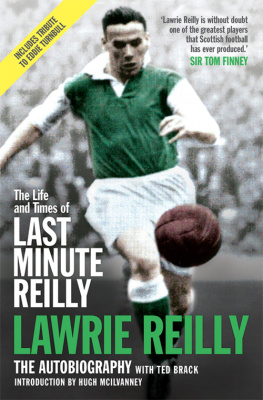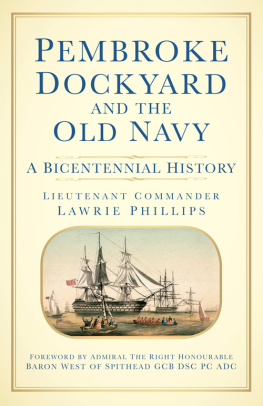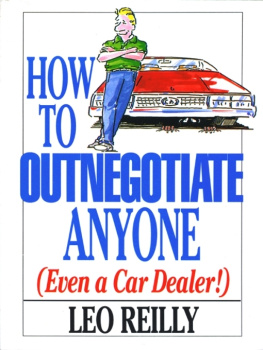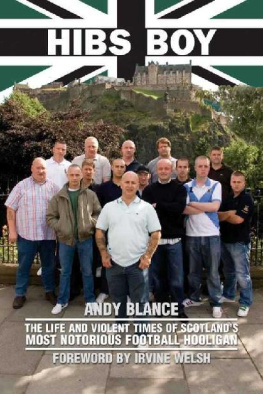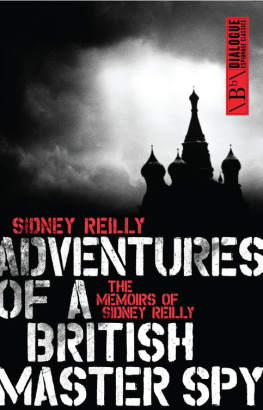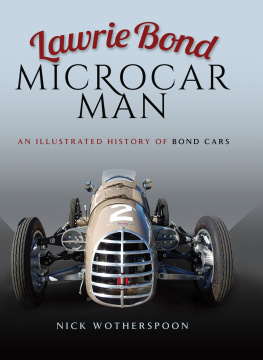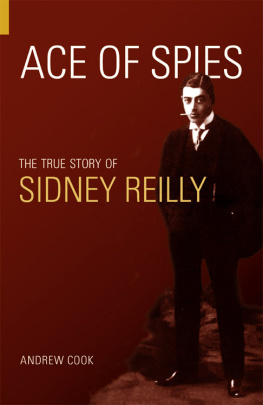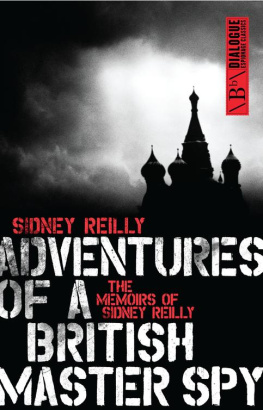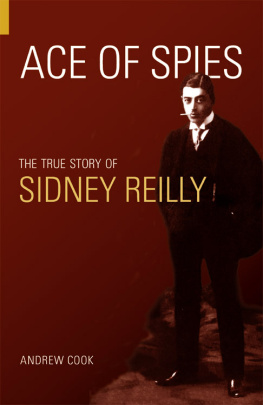
T HE L IFE AND T IMES OF
LAST MINUTE REILLY
Ted Brack is a retired head teacher and lifelong Hibs supporter. His book There is a Bonny Fitba Team, chronicled half a century of supporting Hibernian Football Club and reached No 5 in the Scottish bestsellers chart. Ted co-authored Pat Stantons Hibernian Dream Team and his latest book, Theres Only One Sauze, documents the highs and lows of Le Gods time at Easter Road.
A LSO BY T ED B RACK
Theres Only One Sauze: When Le God Graced Easter Road
Pat Stantons Hibernian Dream Team (with Pat Stanton)
There is a Bonny Fitba Team: Fifty Years on the Hibee Highway
CONTENTS
I think it is fair to say that I have had a wonderful life. My football career was a source of success and satisfaction. When I retired I did well in business. I have a marvellous wife and family and I have been lucky enough to achieve quite a lot during my lifetime.
I had never, though, written an autobiography. Until now, that is! In my eighty-second year, I embarked on a journey down memory lane as I recalled growing up in Edinburgh in the 1930s, playing for the greatest football team in the world when they were at their best, and starring and scoring goals for the country I love.
I enjoyed the experience of writing my life story and I am delighted with the final result. I would like to thank my co-author Ted Brack for the excellent job he has done in putting my thoughts on paper so accurately and readably.
My dad supported me greatly in becoming the footballer I did. The scrapbooks which he meticulously compiled throughout my career have proved a great help in writing this book and I appreciate his doing this as much now as I did at the time.
He kept cuttings from the Scotsman, Daily Express, Daily Mail, Daily Mirror, Daily Record, Weekly News, People, Sunday Express, Sunday Mail, Sunday Post, Edinburghs two evening newspapers of the 1940s and 50s, The News and The Dispatch, and other journals whose correspondents I have been unable to identify. The articles and reports add excellent period flavour to my recollections and I thank all the newspapers in question for helping to jog my career memories.
I would also like to thank my son Lawrance for his support in compiling this book. Most of all though, I want to record my appreciation of my wife Iris, who was there for me throughout the writing of my memoirs just as she has always been there for me in every other area of my life.
Lawrie Reilly
As a boy growing up in Leith, I heard all about the Famous Five and the successes of the team which that illustrious forward line spearheaded. When I was old enough to start attending Hibs matches, I was privileged to watch Lawrie Reilly, at the end of his career, play with Joe Baker, who was just starting out on his.
I stood on a wet, windswept Easter Road terracing and paid tribute to Lawrie in his testimonial match, and joined 2,500 others in packing the Usher Hall for the rally to mark his retirement in 1958.
In later life, I got to know Lawrie as a person as well as a footballer. When I published a book chronicling fifty years of supporting Hibs, Lawrie along with Pat Stanton gave me great support in launching the book and by doing so contributed to its subsequent success.
I was honoured when Black & White Publishing asked me to co-author Lawries autobiography. Our collaboration proved to be a pleasure and a privilege for me. The process of creating Lawries memoirs was much enhanced by having access to the superb collection of cuttings which Lawries father John maintained throughout his sons career.
Lawrie, thank you for the opportunity to help you put together your life story. Thank you too for your marvellous career, which provided a Hibs fanatic like me with many wonderful memories and huge pride in the great football club which we both support.
Ted Brack
We would both like to thank everyone at Black & White Publishing for their help and support in producing this book.
BY SIR TOM FINNEY
Lawrie Reilly and I have been great friends for over sixty years and in addition to our general love of football we had two things in common.
The first thing is that we both loved playing at Wembley Stadium. In fact Lawrie scored there five times in five appearances for Scotland. The second thing is that we both remained loyal to a single club throughout our careers. I stayed with Preston North End and Lawrie only ever played for Hibernian.
I loved playing for England against Scotland but towards the end of a game when Lawrie was in the Scottish team and the ball came into the English penalty area I always had the feeling that we might hear that mighty Scottish roar for a goal. They didnt call him Last Minute Reilly for nothing!
Lawrie Reilly was very special and he is without doubt one of the greatest players that Scottish football has ever produced.
I wish Lawrie every success with his long overdue autobiography.
August 2010
BY HUGH MCILVANNEY
Nostalgia has long been the natural refuge for anybody intent on praising Scottish football. There is obviously something sad about finding the present such a barren, dispiriting landscape that we Scots have to bolster our sense of deep identification with the game by looking back across the decades. But at least we can be sure that the consolations provided by our past are solid and genuine, free of reliance on romantic distortions or self-serving revisionism.
In the area of collective performance the record is, admittedly, less than breathtaking. Scotland teams have always been restricted to the most parochial versions of glory occasionally banjoing England hardly compensates for uninterrupted failure to progress beyond the first stage of the World Cup finals and club success outside our borders has been noticeably limited, though the European Cup Winners Cup victories of Rangers in 1972 and Aberdeen in 1983 were immensely admirable and Celtics European Cup triumph in 1967 was historic for reasons even more important than its significance as British footballs breakthrough into the ranks of continental champions. The sweetest, most enduring distinction of the Lisbon final was that the might of Helenio Herreras Internazionale of Milan was convincingly and exuberantly overcome by players all born within 30 miles of Celtic Park.
What they accomplished was, of course, testament to the genius of Jock Stein, the Big Man who forms with Sir Matt Busby, Bill Shankly and Sir Alex Ferguson the extraordinary quartet that is the ultimate representation of Scotlands unrivalled capacity (the claim is irrefutable on a per capita basis) for supplying football with outstanding managers. However, the almost miraculous feat of dominating Europe with a group of men drawn from a small corner of a small country also resonates down the years as a reminder of how fecund Scotland once was as a breeder of footballers capable of competing effectively against the best. And the example of the Lisbon Lions doesnt obscure the reality that, until the current era of deprivation loomed in the 1980s, the geographical spread of productivity was wide, with the eastern side of Scotland never in danger of lagging behind the western hotbeds of football in delivering players of the highest quality, the kind who deserved to be rated with the most gifted contemporaries operating in the same positions anywhere in the game. Aberdeen gave us Denis Law, Fife sent out Jim Baxter, and the flow of exceptional talent from Edinburgh effortlessly stood comparison with Glasgows output.
Next page
